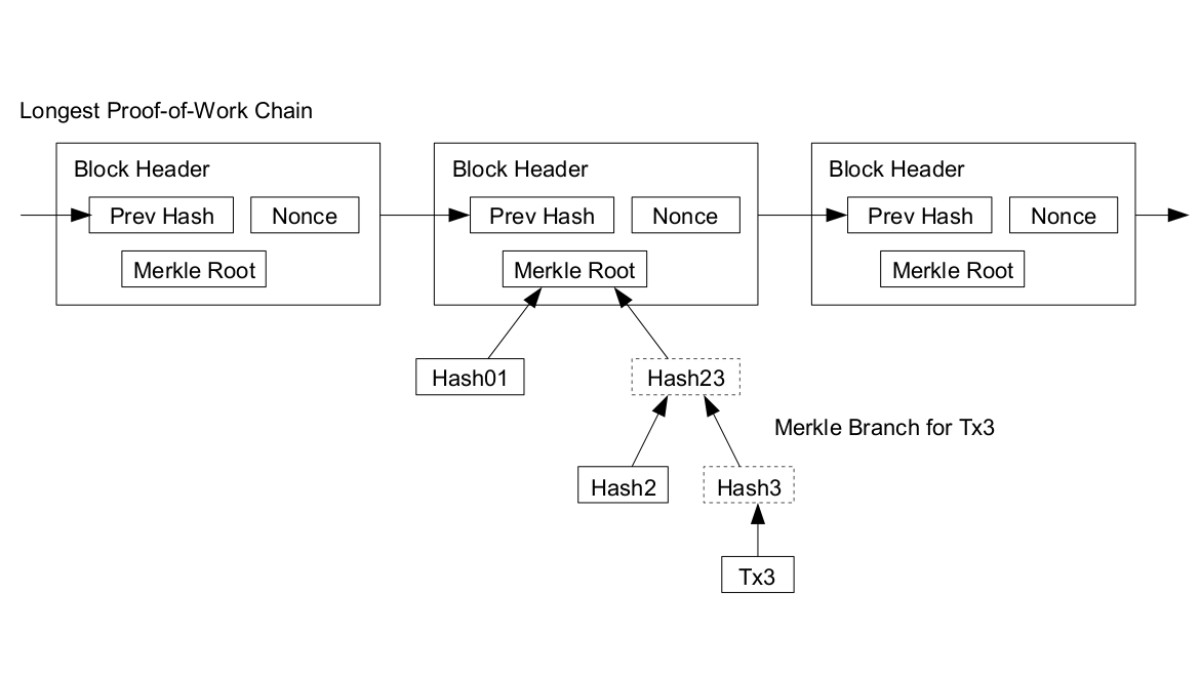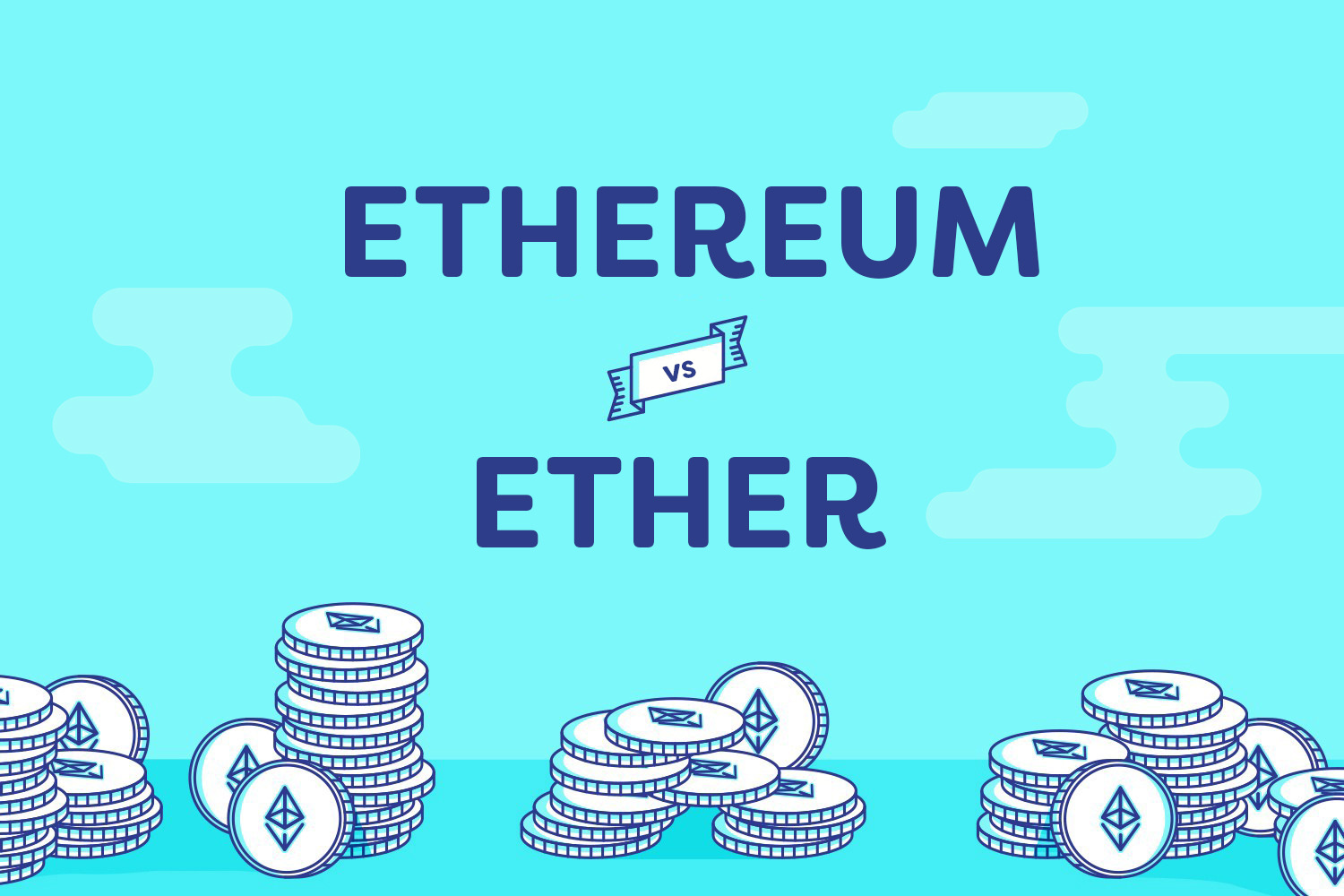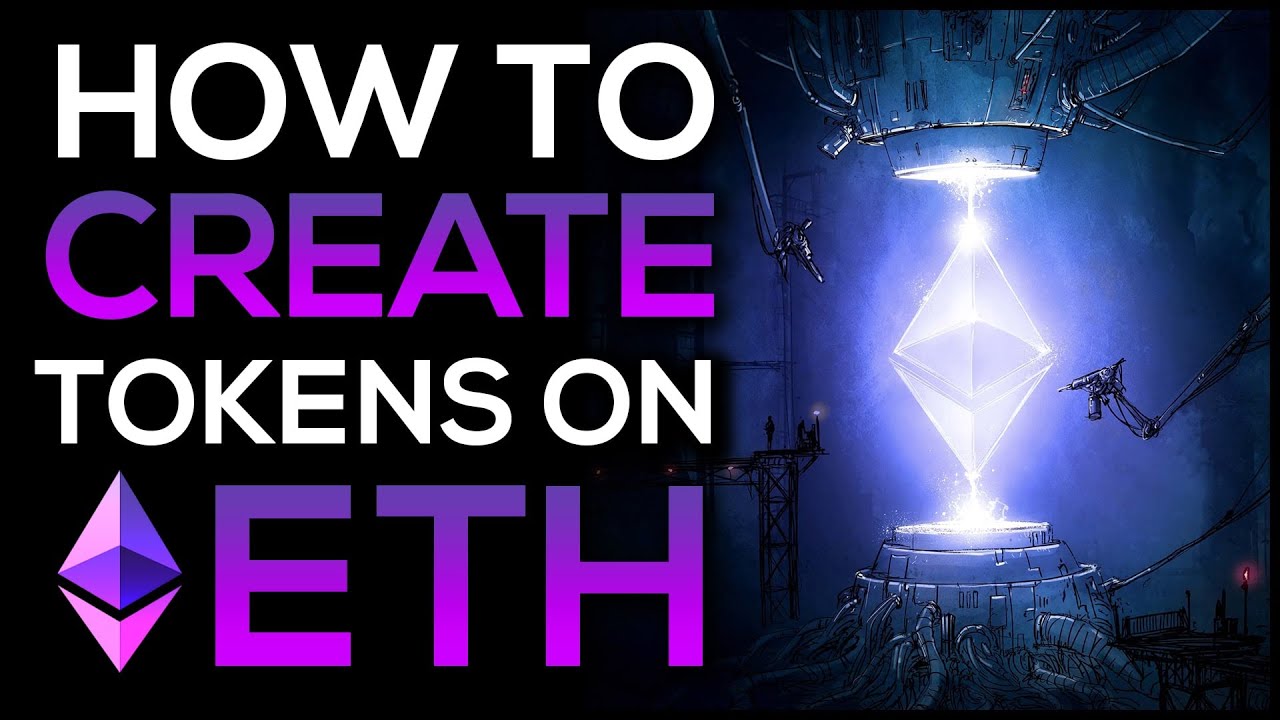Introduction
The Ethereum network has revolutionized the world of cryptocurrency and blockchain technology since its inception in 2015. Created by Vitalik Buterin and a team of developers, Ethereum has gained immense popularity due to its advanced features and capabilities beyond just being a digital currency. In this article, we will explore the various entities and individuals involved in the Ethereum network, shedding light on who owns and operates this groundbreaking platform.
The Ethereum network functions as a decentralized platform that enables decentralized applications (DApps) to be built and executed on its blockchain. Unlike Bitcoin, which primarily serves as a digital currency, Ethereum allows developers to create and deploy smart contracts, which are self-executing contracts with predefined conditions built into the code. This functionality has opened up a myriad of possibilities, leading to the development of numerous innovative projects and applications within the Ethereum ecosystem.
While Ethereum was founded by Vitalik Buterin, it is important to note that the Ethereum network does not have a single owner. Instead, various entities and individuals contribute to its development, security, and usage. These actors collectively shape and maintain the decentralized nature of the network.
In the following sections, we will delve into the key stakeholders of the Ethereum network, including the Ethereum Foundation, developers and contributors, miners, users, token holders and investors, as well as decentralized autonomous organizations (DAOs).
The Founders of Ethereum
The creation of Ethereum can be attributed to the visionary efforts of Vitalik Buterin, a Russian-Canadian programmer. Buterin first proposed the idea of Ethereum in 2013, outlining its potential to revolutionize the blockchain industry. His vision attracted the attention of several other creators and developers who joined him in bringing Ethereum to life.
Alongside Buterin, the core team behind Ethereum includes Gavin Wood, Joseph Lubin, Anthony Di Iorio, and Mihai Alisie. Together, these individuals played a crucial role in shaping the early stages of Ethereum’s development. Each member brought their own unique set of skills and expertise to the table, contributing to the project’s success.
Vitalik Buterin, the face of Ethereum, is widely recognized for his significant contributions to the cryptocurrency space. With his deep understanding of blockchain technology and cryptography, Buterin envisioned Ethereum as a platform that would allow developers to build decentralized applications on a global scale.
Gavin Wood, another prominent figure in the Ethereum ecosystem, played a crucial role in designing and developing the Ethereum Virtual Machine (EVM) and the Solidity programming language. The EVM enables the execution of smart contracts and provides the computational power required to run decentralized applications on the Ethereum platform.
Joseph Lubin, one of the founders of the Ethereum Foundation, has been instrumental in promoting and supporting the Ethereum ecosystem. Lubin’s extensive background in finance and technology has played a vital role in fostering partnerships, funding projects, and building a strong community of developers and users.
Anthony Di Iorio and Mihai Alisie were also instrumental in the early stages of Ethereum. Di Iorio co-founded the Ethereum project and contributed to its growth through his entrepreneurial skills, while Alisie focused on community building and fostering Ethereum’s adoption.
These visionary individuals, collectively known as the Ethereum Founders, laid the foundations for the Ethereum network and its ecosystem. Their contributions and leadership paved the way for Ethereum to become one of the most influential and widely used blockchain platforms in the world.
Ethereum Foundation
The Ethereum Foundation is a non-profit organization established in 2014 that plays a central role in supporting the development and growth of the Ethereum network. It is dedicated to the advancement of open-source technologies and decentralized applications on the Ethereum blockchain.
One of the primary objectives of the Ethereum Foundation is to ensure the long-term sustainability and evolution of the Ethereum ecosystem. It achieves this by providing financial grants, funding research and development, organizing educational initiatives, and promoting community engagement.
The foundation actively supports and coordinates the work of Ethereum developers and contributors around the world. It fosters a collaborative environment where developers can share ideas, collaborate on projects, and receive support for their work on the Ethereum platform.
Through its financial support, the Ethereum Foundation has played a crucial role in funding the development of important upgrades and protocols within the network. This includes projects like Ethereum 2.0, which aims to enhance scalability and improve the overall efficiency of the Ethereum network.
In addition to its technical contributions, the Ethereum Foundation also plays a vital role in organizing conferences and events to promote Ethereum and blockchain technology. These gatherings provide a platform for developers, entrepreneurs, and enthusiasts to come together, exchange knowledge, and explore opportunities within the Ethereum ecosystem.
Beyond its direct involvement in the technical aspects of Ethereum, the Ethereum Foundation is also committed to fostering a vibrant and inclusive community. It supports initiatives that aim to onboard new users, educate the public about blockchain technology, and raise awareness about the potential benefits of decentralized systems.
Furthermore, the Ethereum Foundation is actively involved in advocating for Ethereum and blockchain-friendly regulations. It collaborates with policymakers and regulatory bodies to ensure a favorable environment for the growth and adoption of decentralized technologies.
The Ethereum Foundation plays a critical role in shaping the future of the Ethereum network. Its efforts in funding development, promoting education, and supporting the community have been instrumental in establishing Ethereum as a leading blockchain platform.
Ethereum Developers and Contributors
Ethereum is an open-source platform that thrives on the contributions and expertise of developers and contributors from all around the world. These dedicated individuals play a crucial role in building, improving, and securing the Ethereum network.
Ethereum developers are responsible for writing and maintaining the code that powers the various components of the Ethereum ecosystem. They work on a wide range of projects, including the core Ethereum protocol, smart contract development frameworks, developer tools, and decentralized applications (DApps).
Contributors to Ethereum can take various forms, including developers, designers, auditors, and researchers. They contribute to the ecosystem by offering their expertise, reviewing and improving code, identifying vulnerabilities, proposing new ideas, and participating in governance discussions.
One of the key platforms for Ethereum developers and contributors is GitHub, a collaborative development platform where the Ethereum source code is publicly available. This enables developers to submit pull requests, discuss code changes, and contribute to the ongoing development of Ethereum.
Additionally, the Ethereum community actively encourages developers to build decentralized applications (DApps) on the Ethereum platform. These DApps can range from decentralized finance (DeFi) applications to gaming platforms, digital identity solutions, and more. By creating innovative DApps, developers contribute to the growth and adoption of the Ethereum ecosystem.
Furthermore, Ethereum developers and contributors actively participate in the Ethereum Improvement Proposal (EIP) process. EIPs are formal proposals that suggest changes, improvements, or additions to the Ethereum network. Developers and community members can collaborate on EIPs, provide feedback, and together make decisions that shape the future of Ethereum.
The Ethereum developer and contributor community is known for its passionate and collaborative spirit. They engage in open discussions, contribute to forums and social media channels, and often organize hackathons and meetups to exchange ideas and showcase their projects.
Without the tireless efforts and expertise of these developers and contributors, the evolution and progress of the Ethereum network would not be possible. Their dedication and innovative contributions have propelled Ethereum into becoming a leading blockchain platform.
Ethereum Miners
Ethereum relies on a decentralized network of miners to confirm and validate transactions, maintain the security of the network, and ensure the integrity of the blockchain. Miners play a crucial role in the Ethereum ecosystem by solving complex mathematical puzzles to add new blocks to the blockchain.
Miners use powerful computer hardware to compete with each other in solving mathematical algorithms. The first miner to solve the puzzle is rewarded with a certain amount of Ether, the native cryptocurrency of the Ethereum network. This process, known as proof-of-work, not only secures the network but also incentivizes miners to actively participate in the Ethereum ecosystem.
The role of miners extends beyond transaction validation and rewards. They also contribute to the overall stability and security of the network by preventing double-spending and mitigating the risk of malicious attacks.
In addition to the technical role they play, miners also have the power to influence the direction of the Ethereum network through mining pools. Mining pools allow individual miners to combine their computing power, increasing their chances of successfully mining a block. These pools can collectively decide which transactions to prioritize and which upgrades to support, potentially shaping the future development of Ethereum.
It is worth noting that Ethereum is transitioning from a proof-of-work (PoW) consensus mechanism to a proof-of-stake (PoS) mechanism through Ethereum 2.0. In the PoS model, the process of validating transactions and adding blocks to the blockchain is carried out by individuals who hold and lock up a certain amount of Ether as a stake. This shift aims to improve the scalability, security, and energy efficiency of the Ethereum network, reducing the reliance on traditional mining.
Miners have played a vital role in the growth and success of the Ethereum network. Their computational power and dedication to maintaining the security of the blockchain have helped Ethereum become one of the most prominent and widely used blockchain platforms in the world.
Ethereum Users
Ethereum users are a diverse group of individuals who interact with the Ethereum network for various purposes, including financial transactions, participation in decentralized applications (DApps), and investment opportunities. These users form an essential part of the Ethereum ecosystem.
One of the primary use cases for Ethereum users is conducting financial transactions using Ether (ETH), the native cryptocurrency of the Ethereum network. Users can transfer Ether to other individuals or entities with speed and low transaction fees compared to traditional banking systems. Additionally, users can also send and receive other tokens built on the Ethereum blockchain, known as ERC-20 tokens, which have gained significant popularity with the rise of decentralized finance (DeFi) applications.
Moreover, Ethereum users can interact with various decentralized applications (DApps) built on the Ethereum platform. These DApps include a wide range of applications, such as decentralized exchanges, lending platforms, prediction markets, and decentralized social networks. By utilizing these DApps, users can access financial services, engage in decentralized governance, and participate in various other activities in a secure and transparent manner without the need for intermediaries.
Aside from the transactional aspects, users also contribute to the Ethereum network by running Ethereum clients. These software applications enable users to connect to the Ethereum network, download and validate the blockchain, and interact with smart contracts and DApps. By running a client, users help maintain the decentralization and security of the Ethereum network.
Investing in Ethereum and its associated tokens is another aspect that attracts users to the network. With the growth of the cryptocurrency market, many individuals see Ethereum as a promising investment opportunity. Users can buy and hold Ether, participate in initial coin offerings (ICOs) for new projects, stake Ether in the upcoming proof-of-stake (PoS) model, and explore other potential investment avenues within the Ethereum ecosystem.
Overall, Ethereum users span a wide range of individuals, including traders, investors, developers, entrepreneurs, and enthusiasts. Their active participation and engagement contribute to the vibrancy and adoption of the Ethereum network, as well as its ability to offer decentralized and innovative solutions to various industries.
Token Holders and Investors
Token holders and investors form an integral part of the Ethereum ecosystem, playing a crucial role in the growth, adoption, and value of Ethereum and its associated tokens. Holding and investing in Ethereum tokens provide individuals with various opportunities and benefits within the network.
Ether (ETH) is the native cryptocurrency of the Ethereum network and is widely held by individuals and investors. Ether serves as a medium of exchange, facilitating transactions, and powering the execution of smart contracts within the Ethereum ecosystem. As token holders, individuals can use Ether to participate in decentralized applications (DApps), make purchases, and engage in various economic activities within the Ethereum network.
Investing in Ethereum tokens offers individuals the potential for financial gain. As the cryptocurrency market grows, many individuals and institutional investors recognize the potential of Ethereum and its associated tokens as investment opportunities. Investing in Ethereum allows individuals to potentially benefit from the appreciation of the token’s value over time.
Moreover, Ethereum has become a primary platform for launching and participating in initial coin offerings (ICOs) and token sales. These offerings provide investors the opportunity to invest in new projects and technologies built on the Ethereum platform. By investing in these ICOs, individuals can access early-stage investment opportunities and potentially benefit from the success and growth of these projects.
Token holders and investors also play a vital role in the governance of the Ethereum network. They have the ability to participate in decision-making processes, such as voting on protocol upgrades, network improvements, and changes to the network’s economic policies. This participatory approach empowers token holders and investors to have a say in the direction and evolution of the Ethereum network.
Furthermore, Ethereum offers staking opportunities for token holders. With the transition to Ethereum 2.0 and the shift from proof-of-work (PoW) to proof-of-stake (PoS), individuals who hold a certain amount of Ether can lock it up as a stake and participate in the validation and security of the network. By staking Ether, individuals can earn staking rewards and contribute to the decentralization and security of the Ethereum network.
Overall, token holders and investors contribute to the liquidity, value, and governance of the Ethereum ecosystem. Their involvement helps drive innovation, attract capital, and ensure the sustainability and success of the Ethereum network.
Decentralized Autonomous Organizations (DAOs)
Decentralized Autonomous Organizations (DAOs) are an innovative aspect of the Ethereum ecosystem that introduces a new paradigm for organizational structures. DAOs are essentially smart contracts that automate the governance and decision-making processes of an organization, removing the need for centralized control and intermediaries.
DAOs operate on the principles of decentralization, transparency, and community participation. They allow individuals to pool their resources and make decisions collectively using voting mechanisms encoded in smart contracts. These decisions can include funding proposals, project development, resource allocation, and other governance-related matters.
Ethereum serves as a fertile ground for the creation and operation of DAOs, offering the necessary infrastructure and tools for their establishment. Ethereum’s programmable smart contracts enable the creation of DAO frameworks, granting individuals the ability to create and participate in decentralized organizations.
DAOs can have different purposes and structures, catering to a wide range of industries and communities. For example, they can be designed to govern decentralized finance (DeFi) protocols, crowdfunding platforms, digital art communities, or even social impact initiatives. The flexibility and versatility of Ethereum allow DAOs to adapt to various use cases and business models.
One of the fundamental aspects of DAOs is their token-based governance. Token holders within the DAO are granted voting rights proportional to their token holdings. This democratic model enables decision-making by the community and aligns the interests of participants within the organization.
However, DAOs are not without challenges and risks. The decentralized nature of DAOs means that decisions are made collectively, which can sometimes lead to delays or conflicts in decision-making. Additionally, vulnerabilities in smart contract code can be exploited, necessitating strong security measures and continuous auditing to minimize risks to the DAO and its participants.
Despite these challenges, DAOs have gained significant traction and popularity within the Ethereum ecosystem. They embody the principles of self-governance, decentralization, and community-driven decision-making. With the rise of DAOs, the Ethereum ecosystem continues to evolve, creating new opportunities for collaboration, innovation, and economic empowerment.
Centralization Concerns in the Ethereum Network
The Ethereum network prides itself on its decentralized nature, enabling users to transact and participate in a trustless environment. However, there are valid concerns regarding centralization within the Ethereum ecosystem that need to be addressed to maintain the ethos of decentralization.
One area of concern is mining centralization. As the Ethereum network has grown, it has become increasingly challenging for individual miners to compete against large-scale mining operations. This concentration of mining power in the hands of a few entities raises questions about the decentralization and security of the network.
Furthermore, the computational power required for mining has led to the development of specialized mining hardware, making it less accessible to average users. This concentration of mining power and resources can potentially impact the distribution of newly minted Ether and the influence on the network’s decision-making processes.
Another aspect of centralization concerns the governance of the Ethereum network. While Ethereum strives to be a decentralized platform, the presence of key stakeholders, such as the Ethereum Foundation, can magnify their influence over the decision-making process. Although the Ethereum community is highly engaged in shaping the network’s future, it is essential to consider ways to ensure a more inclusive and distributed governance structure.
In addition, the rise of decentralized finance (DeFi) applications on the Ethereum platform has brought attention to the potential risks of protocol centralization. Many DeFi platforms rely on a limited set of core contracts, making the ecosystem susceptible to vulnerabilities if these contracts are compromised or controlled by a small group of individuals.
To address these centralization concerns, ongoing efforts are being made within the Ethereum community. One significant development is the transition to Ethereum 2.0, a multi-phase upgrade aiming to shift from a proof-of-work (PoW) consensus algorithm to a proof-of-stake (PoS) mechanism. This transition is expected to enhance the scalability, energy efficiency, and decentralization of the Ethereum network.
Furthermore, proposals such as Ethereum Improvement Proposals (EIPs) are being put forward to explore mechanisms for better governance, including decentralized voting systems and community-driven decision-making processes. These initiatives aim to distribute influence and decision-making authority more evenly among participants in the Ethereum ecosystem.
Overall, while the Ethereum network has made significant strides in maintaining decentralization, there are legitimate concerns surrounding mining centralization, governance, and protocol concentration. However, the Ethereum community remains proactive in addressing these concerns and working towards a more decentralized and resilient network.
Conclusion
The Ethereum network is a groundbreaking platform that has revolutionized the world of blockchain technology. From its humble beginnings with the visionary efforts of Vitalik Buterin and the Ethereum Founders, it has grown into a vibrant ecosystem with a diverse range of stakeholders.
The Ethereum Foundation plays a central role in supporting the development, growth, and sustainability of the Ethereum network. Developers and contributors drive the technical advancement of Ethereum, ensuring its functionality and security. Miners secure the network and validate transactions, while users actively engage with the platform, conducting transactions and utilizing decentralized applications.
Token holders and investors contribute to the liquidity and value of Ethereum, while also participating in governance processes. Decentralized Autonomous Organizations (DAOs) provide a new paradigm for organizational structures, enabling community-driven decision-making and collaboration.
While Ethereum has exhibited impressive decentralization, there are valid concerns regarding mining centralization, governance, and protocol concentration. However, ongoing initiatives such as Ethereum 2.0 and proposals for improved governance mechanisms aim to address these issues.
As Ethereum continues to evolve, it has the potential to shape various industries and fuel further innovation. The Ethereum network’s ability to foster decentralized applications, provide secure and transparent transactions, and offer opportunities for investment and participation is a testament to its success.
By embracing the values of decentralization, transparency, and community involvement, the Ethereum network has established itself as a leading platform in the blockchain space. As the ecosystem progresses, it is crucial to maintain a balance between innovation, inclusivity, and maintaining the decentralized nature that has made Ethereum so impactful.
In conclusion, the Ethereum network has brought forth a new era of possibilities, empowering individuals and organizations to participate in a decentralized, secure, and open financial and technological landscape.

























